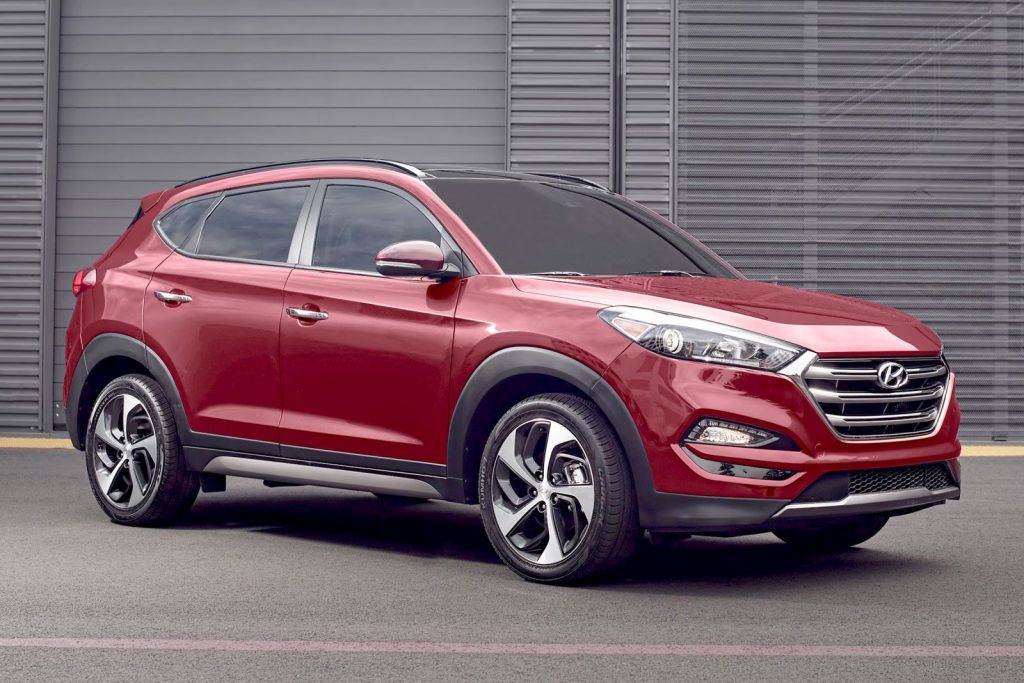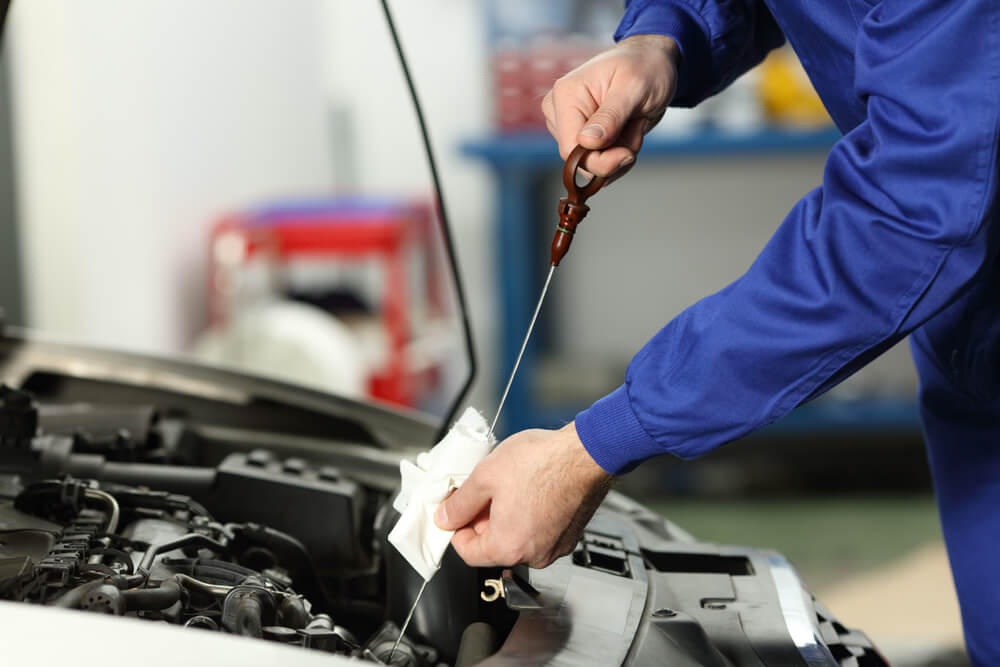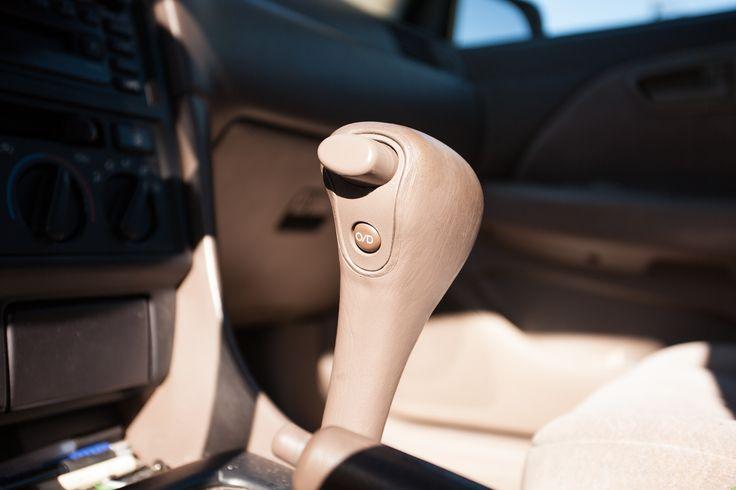Hyundai Oil Consumption Recall: Did Hyundai Ever Fix This Issue?
In recent years, Hyundai has faced a significant recall involving oil consumption issues in certain models.
This Hyundai oil consumption recall has affected numerous vehicle owners, leading to concerns about the reliability and safety of their vehicles.
Our notes today aim to delve into the details of the Hyundai oil consumption recall and Hyundai’s response. Let’s follow along with Car From Japan!
Hyundai Oil Consumption Recall: Affected Models
The Hyundai oil consumption recall primarily impacted vehicles equipped with Theta II GDI engines. This engine type was used in several popular Hyundai and Kia models with based engines resembling the Hyundai’s.
Here are the affected models of the mass-range Hyundai burning oil recall you can take for reference.
Hyundai Sonata (2011-2014)
The Sonata, a mid-size sedan, was one of the primary models affected by the oil consumption issue.
The Theta II GDI engine in the Sonata provided a balance of power and fuel efficiency, making it a popular choice among consumers.
However, some Sonata vehicles experienced excessive oil consumption, leading to concerns about the engine’s reliability.
Hyundai Elantra (2011-2016)
The Hyundai Elantra, a compact sedan, was another model equipped with the Theta II GDI engine and affected by the recall.
Known for its fuel efficiency, stylish design, and competitive pricing, the Elantra was a popular choice among consumers.
Some Elantra vehicles also experienced excessive oil consumption, raising concerns about the engine’s durability.
Hyundai Tucson (2013-2016)
The Tucson, a compact SUV, was included in the recall due to the Theta II GDI engine. The Tucson offered a versatile and practical driving experience, making it a popular choice for families and individuals seeking a crossover vehicle.
Like other affected models, some Tucson vehicles faced oil consumption issues.

Hyundai Santa Fe (2013-2016)
The Santa Fe, a mid-size SUV, was another model affected by the oil consumption recall. Known for its spacious interior, comfortable ride, and versatility, the Santa Fe was a popular choice for families and those needing more cargo space.
Excessive oil consumption was reported in some Santa Fe vehicles equipped with the Theta II GDI engine.
Kia Optima (2011-2016)
Kia’s Optima, a mid-size sedan, shared the same platform and engine as the Hyundai Sonata and was also affected by the recall. The Optima offered a stylish design, competitive features, and a comfortable ride.
And yes, the Optima vehicles also experienced excessive oil consumption.
Kia Sorento (2011-2016)
The Kia Sorento, a mid-size SUV, was another Kia model equipped with the Theta II GDI engine and included in the recall.
The Sorento provided a spacious and versatile driving experience, making it a popular choice for families and those seeking a more practical vehicle.
Just like others, excessive oil consumption was reported in some Sorento vehicles, raising concerns about the engine’s reliability.
All these models above may have experienced some of these symptoms below, be aware!
- Frequent oil changes
- Oil level dropping between changes
- Blue smoke from the exhaust
- Reduced engine performance
- Potential for engine damage

Hyundai’s Response To The Hyundai Oil Consumption Recall
Initial Recall & Repair Attempts
Hyundai issued an initial recall for vehicles affected by the oil consumption problem, outlining the specific models and VIN numbers involved. The recall included a repair process designed to address the underlying cause of the excessive oil consumption.
The repair process typically involved replacing or modifying certain engine components, such as piston rings or cylinder heads.
These components were believed to be contributing factors to the oil consumption issue. Hyundai provided detailed instructions to dealerships on how to perform the necessary repairs.
Effectiveness of the Recall
While Hyundai implemented the initial recall and repair process, there have been ongoing discussions and debates regarding its effectiveness in addressing the oil consumption issue.
Affected vehicle owners reported that the repairs did not completely resolve the problem, and they continued to experience excessive oil consumption.
Evidence from various sources, including reports from affected owners, technical analysis, and media coverage, suggests that the initial repair solution may not have been entirely effective in preventing oil consumption in all cases.
Some experts and consumers have raised concerns about the long-term durability of the repaired engines and the potential for the issue to reoccur.
While the initial recall and repair efforts were made, the oil consumption problem may have required additional measures or updates to fully address the issue.
Hyundai may have implemented subsequent recalls or updates to refine the repair process and improve the long-term reliability of affected vehicles.

Hyundai’s Continued Actions For The Recall
Extended Warranty
In response to the ongoing complaints and concerns regarding the oil consumption issue, Hyundai extended the warranty coverage for affected vehicles.
This extended warranty provided additional protection for vehicle owners and helped to address some of the concerns raised by the recall.
The specific terms of the extended warranty may have varied depending on the region and the specific model affected.
However, the general objective was to provide additional coverage for repairs related to the oil consumption issue, even if the original warranty had expired.
While the extended warranty provided some relief for affected vehicle owners, it is important to assess its effectiveness in addressing the underlying problem.
Some owners may have still experienced continued oil consumption issues, even after the extended warranty period.
Additionally, the financial burden of repairs, even with extended warranty coverage, can be significant for some vehicle owners.
Long-Term Impact of The Hyundai Oil Consumption Recall
The oil consumption issue has had long-term consequences for Hyundai and its customers. The company’s reputation has been tarnished, and it may face challenges in regaining consumer trust.
The recall has also had financial implications, including potential legal settlements and increased costs associated with addressing the issue.
For affected vehicle owners, the issue has caused inconvenience, frustration, financial burdens and also raised concerns about the long-term reliability and durability of Hyundai vehicles.
The lessons learned from the Hyundai oil consumption recall are valuable for the automotive industry as a whole. The incident highlights the importance of proactive measures to address quality and safety issues.
Check out this video from Lab Coat Paul to learn more about Hyundai oil consumption and gasoline contamination problem solved!
Final Words
Overall, the Hyundai oil consumption recall has been a significant event for the company and its customers.
While Hyundai has taken steps to address the issue, the long-term consequences remain to be seen. The recall serves as a reminder of the importance of quality control, transparency, and customer satisfaction in the automotive industry.














